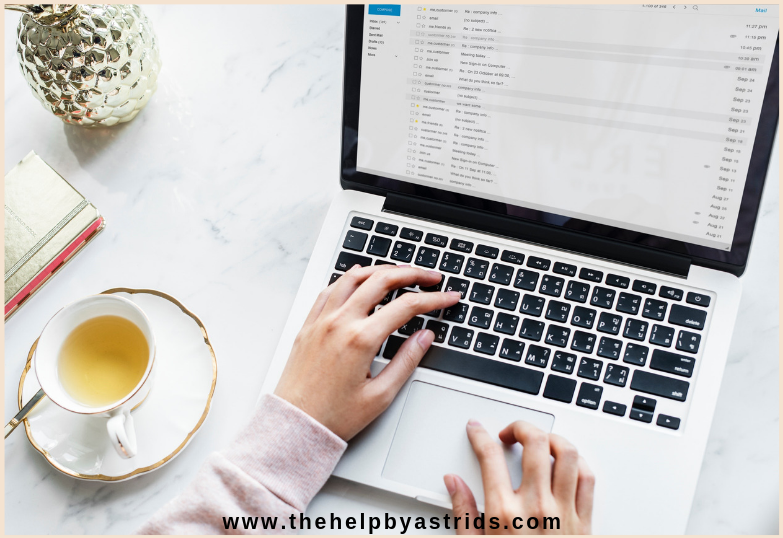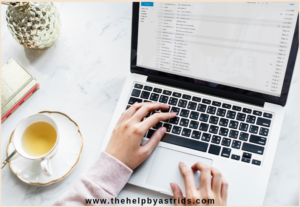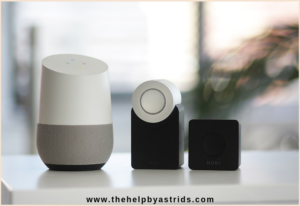Of the dozens of emails you get on a daily basis, how many of them are relevant to you? Are they mostly newsletters? Are they emails intended for someone else but you were just copied in, FYI? Stop drowning in emails. The quality of the emails you receive is the quality of emails you send out. If you build a reputation for sending clear, concise and relevant emails, you will only get sent the same. If you don’t want to be bothered with pointless emails, make it a habit to send relevant emails and only include people who are stakeholders in the email you are about to send, don’t blindly copy in just anyone. Here are a few guidelines for emailing like a pro:
1.Keep the message short – only put in what is necessary but no shorter. Don’t cut words or information out just because you want to send a single sentence email. It’s best if the reader doesn’t have to scroll down to read the whole message and better if you can get the point across in 1 to 3 sentences.
Dear Kim,
Please prepare an RFQ template for the welcome kits that your team designed. I will take care of sending them out once I receive the template.
Regards,
Jane
2.Put the most important information at the top of the message. – In the military, they call this BLUF or Bottom Line Up Front. Useful for when you need to send a long email with many details, put the most important information at the top (ie. what the reader needs to know) and then fill in the body with details he/she can choose to indulge.
Dear Joe,
Please focus on finishing the copy for this month’s newsletter and send to me for copy editing once ready.
Thanks,
Jill
3.If you are asking a question or favor, call out from who you need the response and put it at the top of the message. – This is a must for emails with a lot of cc’s. To make sure there is no confusion, mention the name and ask the question. You can also use the @ system, it works the same way.
Hi Everyone,
Meeting is moved to 2:30PM.
@Sheila please come in 5 minutes early to set up your presentation deck.
@Tom Do you have all the copies ready?
Thanks,
Annie
Don’t send out weird, vague, and awkwardly formatted emails. Practice writing crisp and incisive emails and hopefully, you won’t get crappy ones in return.
Follow these three tips help you write clear emails. Make sure you keep your emails short and mention the gist at the beginning of your message, mention stakeholder names, and ensure that only those who need to be copied in are indeed copied in on the emails.
How about you? What are your pro email writing tips? Care to share them with us in the comments? Remember to stay humble and hustle hard.
Written by Jaie O. The Help




